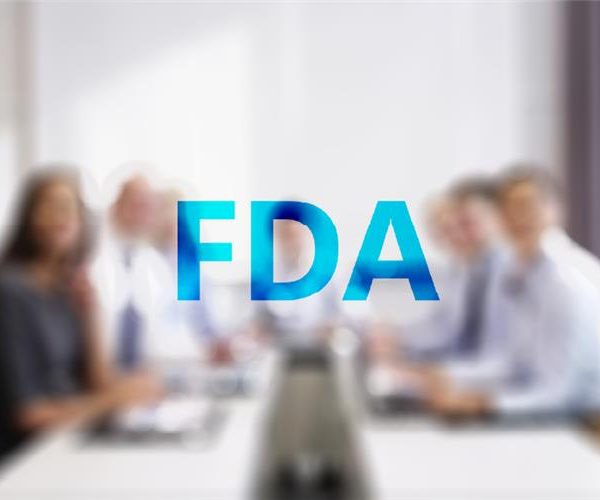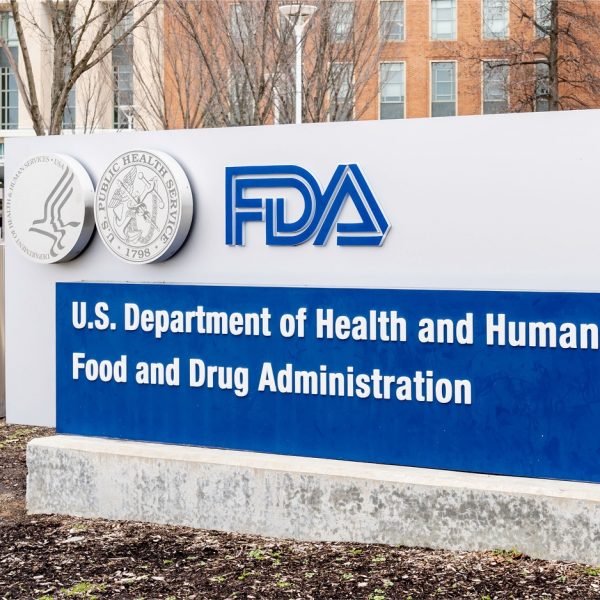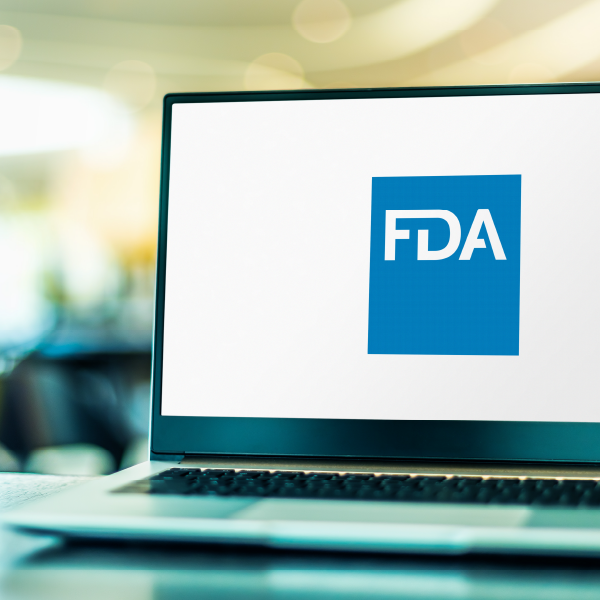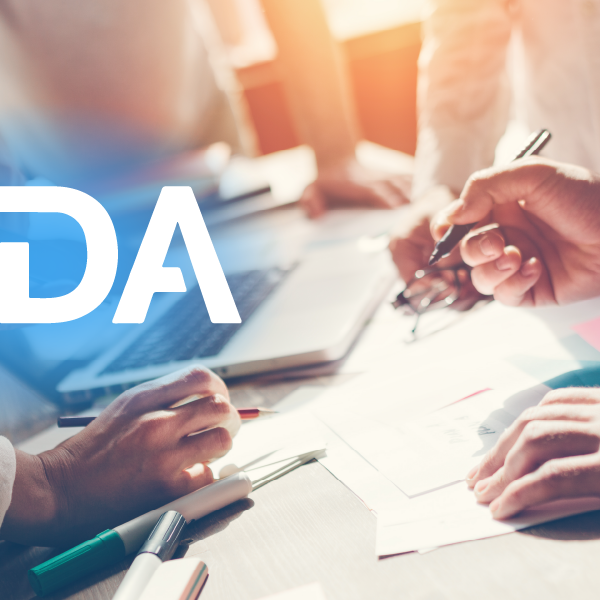Part 1: RWD Noninterventional Study Design and FDA Engagement Opportunity for Early Stage Oncology

Since 2018 when the US Food & Drug Administration (FDA) first published a real-world evidence (RWE) program framework, there has been a clear trend toward pharmaceutical companies utilizing real-world data (RWD) as RWE to support regulatory objectives. While the majority of RWE used to date has been in context of postmarketing surveillance, Sponsors have shown increased interest in harnessing RWD for clinical studies to enable expedited development and to obtain a more expansive and predictive assessment of real-world benefit-risk than a traditional controlled trial would allow.
Those interested in pursuing RWD studies should review the broad collection of recent FDA guidance and initiatives aiding in establishing RWD standards and offering considerations for Sponsors. Besides the mentioned FDA RWE Framework whitepaper, the most broadly useful RWD FDA guidance is “Considerations for the Use of Real-World Data and Real-World Evidence to Support Regulatory Decision-Making for Drug and Biological Products,” released in August 2023.
It should be noted this guidance is focused on non-interventional RWD studies as RWE for regulatory decision making, however certain principles from this guidance may also apply to interventional studies.
Important takeaways from the RWD FDA guidance
The most important takeaway from this guidance is that early FDA engagement is strongly encouraged when designing a non-interventional RWD study. Early and ongoing FDA engagement is essential during development, which Sponsors should always consider pursuing when eligible, regardless of their product or therapeutic area.
It ensures that the FDA is aligned on expectations for how the study will support the Sponsor’s regulatory objective. Additionally, it allows the FDA to become a partner by offering potential operational issues and risks from proposed study design and discuss mitigation approaches the sponsor can adopt.
For non-interventional RWD studies, it is especially important to pursue early FDA engagement, as there are additional factors that can cause confounding bias and result in drawing incorrect inferences from the study. One key instance is reliance on external RWD sources that are often generated for purposes other than research.
Sponsors must ensure RWD sources are reliable and relevant to the study’s question of interest to make appropriate causal inferences and establish data’s fitness for use in generating RWE. Sponsors must also demonstrate appropriateness of RWD sources to address study questions of interest and understand potential limitations while considering whether other sources should be used to address them.
Approaching early FDA engagement
Early FDA engagement for an RWD study proposal should come in the form of the Sponsor requesting an appropriate meeting (e.g., Type C meeting request to an IND) and providing sufficient information to clarify expectations of study design and conduct.
The FDA does not specify when a Sponsor should make this meeting request, but Sponsors should consider whether each of the key non-interventional study elements from section III of FDA Guidance: “RWE Considerations non-interventional study” are addressed by the proposed study. These key elements describing the study’s question of interest, design, data sources, and analytical approach, should be carefully reviewed before pursuing a meeting request and any perceived gaps should form the basis for questions to the Agency.
Additionally, the FDA encourages Sponsors to include draft study protocol and statistical analysis plans with proposals. Note that it may be preferred for Sponsors to time proposals based on when these draft documents can be available.
Trends in Early-Stage Oncology Programs
Sponsors of oncology products have demonstrated a trend of adopting RWE to support regulatory approvals of new molecular entities or original biologic products. A study which reviewed all published FDA approvals, reviews, and labeling from January 2019 to June 2021 determined that oncology was the most prominent therapeutic area citing RWE as primary evidence in safety and/or efficacy, as well as for supportive evidence.
While no direct conclusions could be drawn with RWE’s high prevalence in oncology, it is likely due to the urgent unmet need and severity of diseases leading to expanded access program eligibility and expedited program pathways, such as accelerated approval.
Accelerated approvals typically rely on post-marketing studies for full approval and are therefore a promising area of application for RWE approaches.
For oncology Sponsors interested in pursuing an RWD study, the FDA recently announced the Oncology Quality, Characterization and Assessment of Real-World Data (QCARD) initiative which allows sponsors to submit early proposals for RWD studies and obtain feedback directly FDA oncology reviewers to improve review efficiency.
In this QCARD initiative, the FDA defined common data elements for Oncology studies using RWD that should be featured in the study proposal:
| Overall Study and RWD Source Information | Study SponsorRWD Source ProviderData Analyst(s)RA history of RWD proposalStudy Status (Planned, Ongoing)Regulatory or Related Purpose(s) | Study Question(s)/ Objective(s)RWD Source(s)Including any Linked DataCare Setting (as applicable)Brief RWD Source DescriptionRationale for RWD Source Selection |
| Study Design Parameters | Data Temporality: Original Source Data Years Available, Study Period, Analytic Dataset, Initial Study Design DiagramPopulation: Disease or Condition, Biomarkers, Study Eligibility Criteria, Sample Size, Source Data Representativeness of intended populationExposure: Type of Medical Product Exposure of Interest, Description of Exposure Ascertainment Method, Index Date, Definition for Exposure GroupComparator: Comparators of Interest, Description of Comparator Ascertainment Method, Index Date, Definition for Comparator Group | |
| Statistical Plan | Brief summary of the planned main statistical analysis of the primary endpoint(s) | |
| Data | Source Data Availability and Auditing PlanData Provenance Documentation PlanData Quality PlanMissing Data | |
Source: Facilitating Review of Real-World Data Studies: The Oncology QCARD Initiative | FDA
Stay tuned for Part 2 of our RWD Study Design Blog series where we will elaborate on operational challenges with conducting an RWD study.
Patient Empowerment Through Information
One outcome of publications is that they can be a source of empowerment for patients and their families. Access to reliable medical information through books, online resources, and patient education materials enables individuals to take an active role in their healthcare.
Informed patients can generally engage in more meaningful discussions with their healthcare providers and make better decisions about their health; some even become experts in the field of their specific condition.
For questions on the content within, please click here and we will connect you with the appropriate expert.
Authored by: Jay Malmo, Principal Regulatory Scientist, Regulatory Affairs











